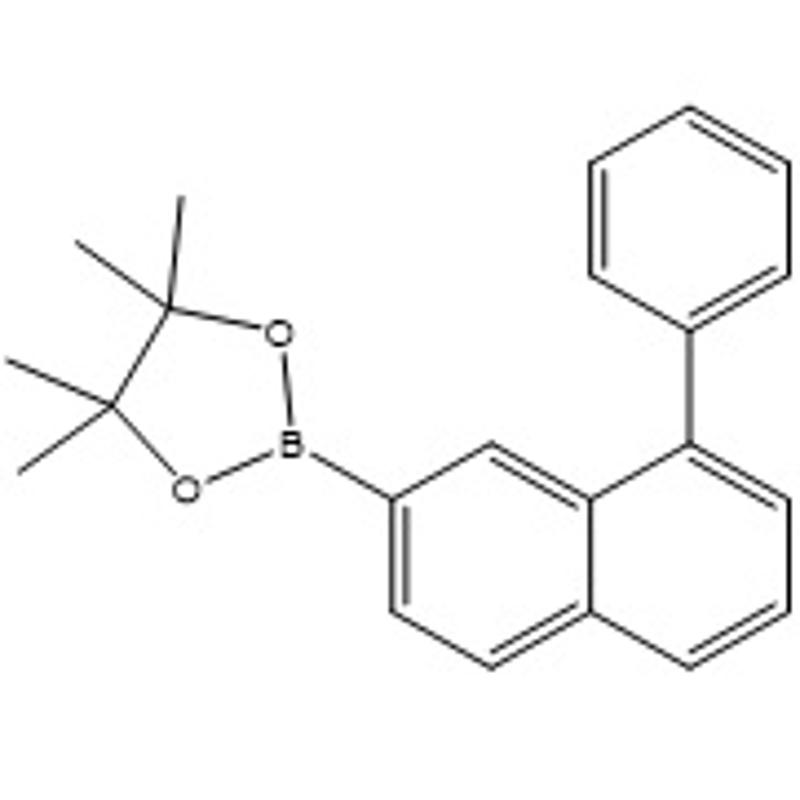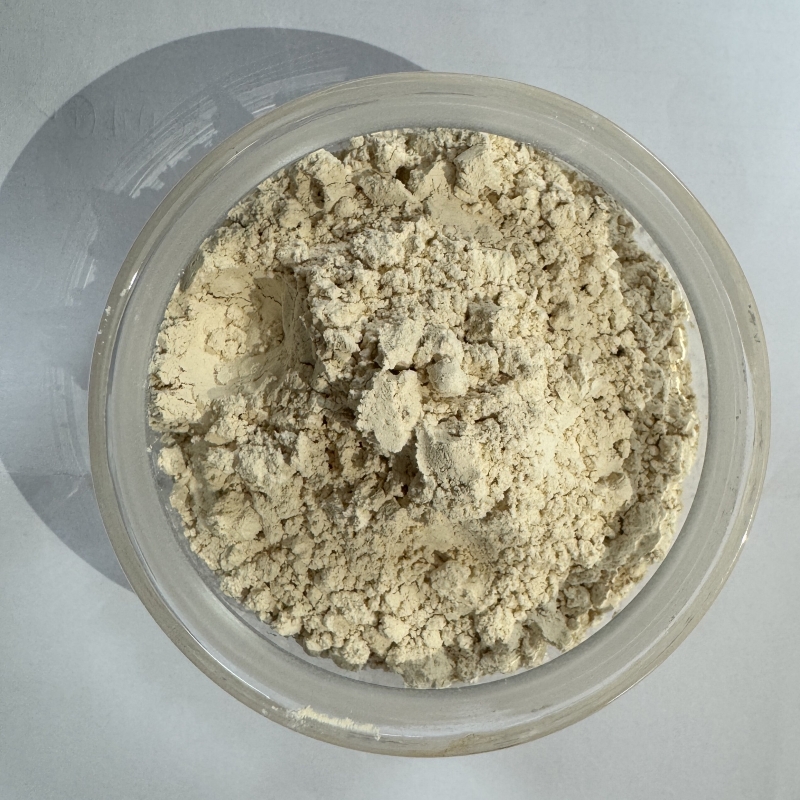-
Categories
-
Pharmaceutical Intermediates
-
Active Pharmaceutical Ingredients
-
Food Additives
- Industrial Coatings
- Agrochemicals
- Dyes and Pigments
- Surfactant
- Flavors and Fragrances
- Chemical Reagents
- Catalyst and Auxiliary
- Natural Products
- Inorganic Chemistry
-
Organic Chemistry
-
Biochemical Engineering
- Analytical Chemistry
-
Cosmetic Ingredient
- Water Treatment Chemical
-
Pharmaceutical Intermediates
Promotion
ECHEMI Mall
Wholesale
Weekly Price
Exhibition
News
-
Trade Service
1-(3-Phenylpropyl)piperazine, also known as PPP, is a chemical compound that is commonly used in the pharmaceutical, cosmetic, and agricultural industries.
It is often used as a solvent, surfactant, and emulsifier in various formulations.
PPP is also sometimes used as a flavoring agent in food products.
Despite its widespread use, PPP has been the subject of some controversy regarding its safety.
Some studies have suggested that PPP may be potentially harmful to human health, while others have found no evidence of harm.
One study published in the journal Food and Chemical Toxicology found that PPP caused DNA damage in laboratory animals that were exposed to high doses of the compound.
This suggests that PPP may have the potential to cause cancer in humans.
However, other studies have not found evidence of carcinogenic effects in animals or humans.
Another potential health risk associated with PPP is its potential to cause allergic reactions.
Some individuals may be sensitive to PPP and experience skin irritation or other symptoms after coming into contact with the chemical.
However, the prevalence of allergic reactions to PPP is not well established, and it is not currently considered a common allergen.
In terms of environmental safety, PPP is not particularly persistent in the environment and is not expected to bioaccumulate in living organisms.
This suggests that it is unlikely to pose a significant risk to wildlife or ecosystems.
However, some studies have suggested that PPP may be potentially toxic to aquatic organisms at high concentrations.
Overall, the safety of 1-(3-phenylpropyl)piperazine is a subject of ongoing debate and experimentation.
While some studies have suggested potential health risks associated with the compound, other studies have found no evidence of harm.
As with any chemical, it is important to handle PPP with caution and to follow appropriate safety protocols when working with the compound.







